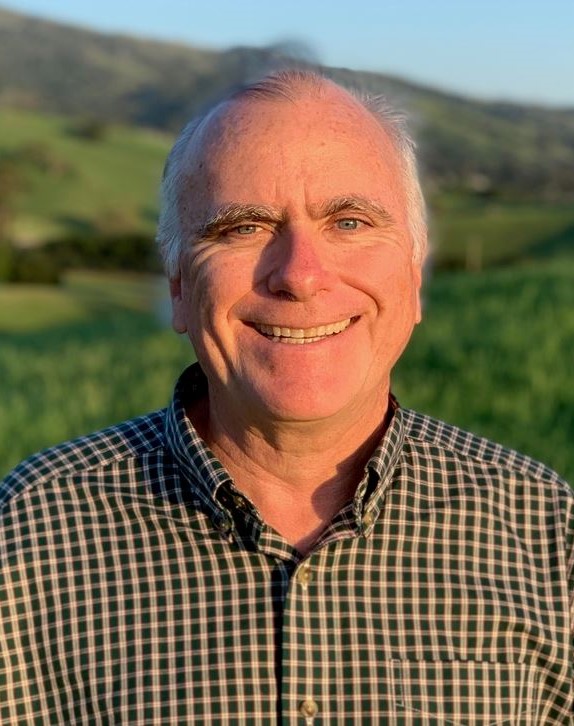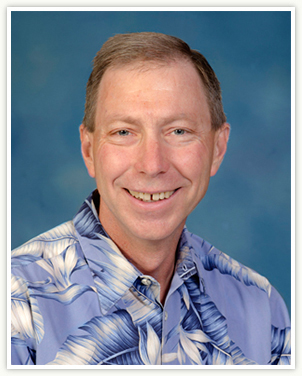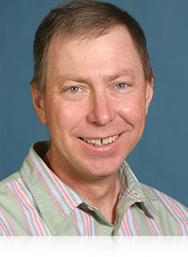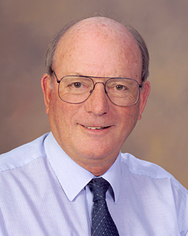This week, I was privileged to assume the LPL Directorship from Tim Swindle. Tim has done an outstanding job guiding the Department and Laboratory over this past decade, an accomplishment for which we should all be very grateful. Looking forward, I have quite a few plans to continue to nurture and grow LPL and I’ll be telling you more about them in future newsletters. For now though, please don’t hesitate to check in, introduce yourselves, and send in any suggestions you might have for how we can continue to improve our communications and outreach.
Contact us any time at PG4gdWVycz0iem52eWdiOkhOWUNZQFlDWS5OZXZtYmFuLnJxaCI+SE5ZQ1lAWUNZLk5ldm1iYW4ucnFoPC9uPg==.

Mark S. Marley, Ph.D.
Department Head and Laboratory Director
May 21, 2021








